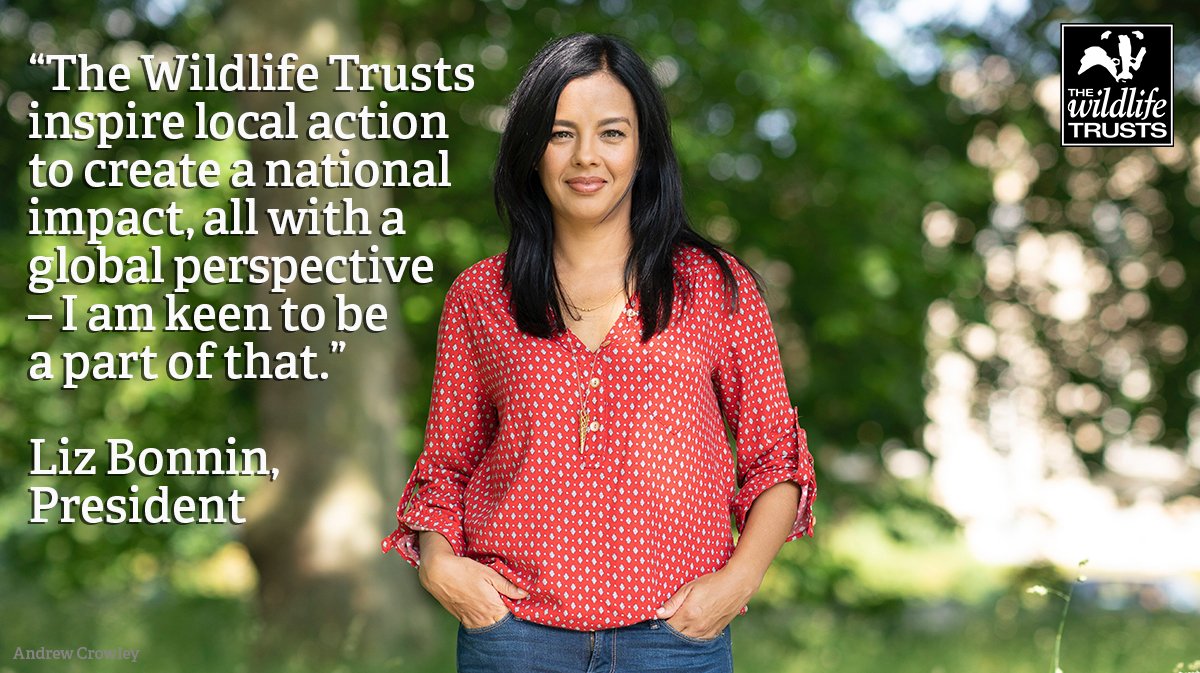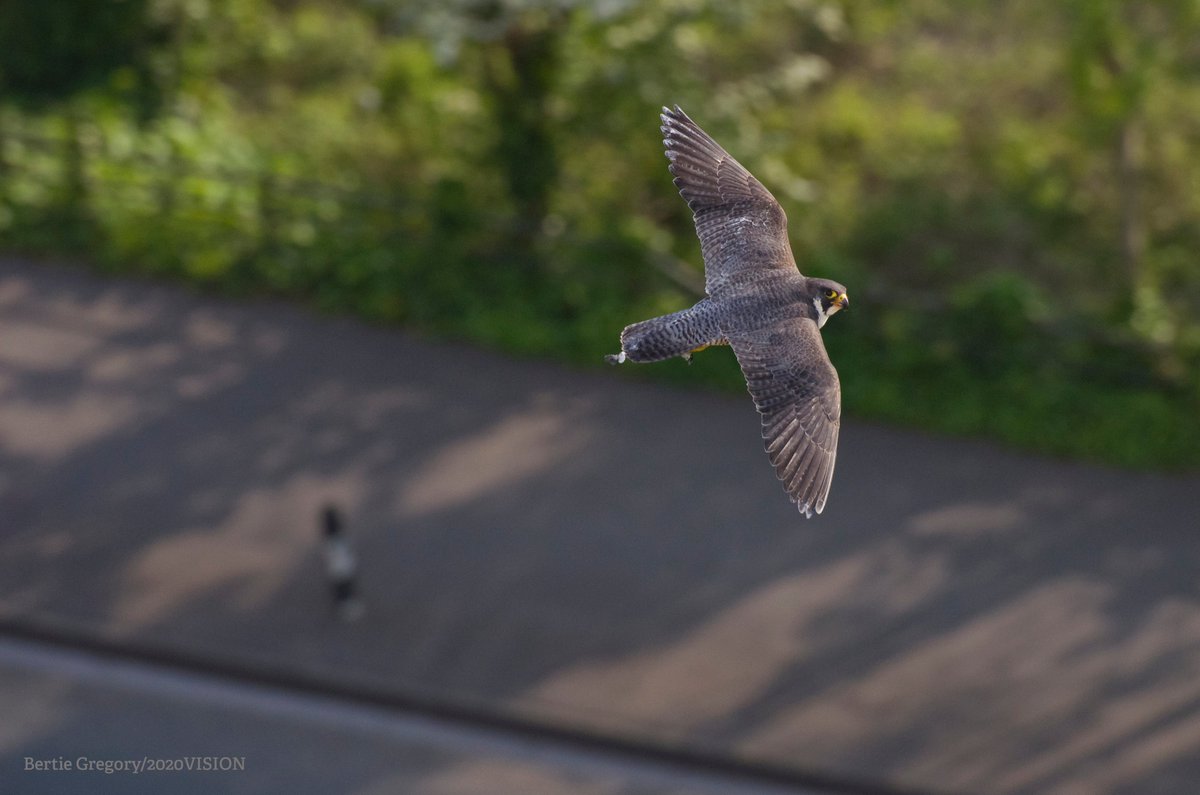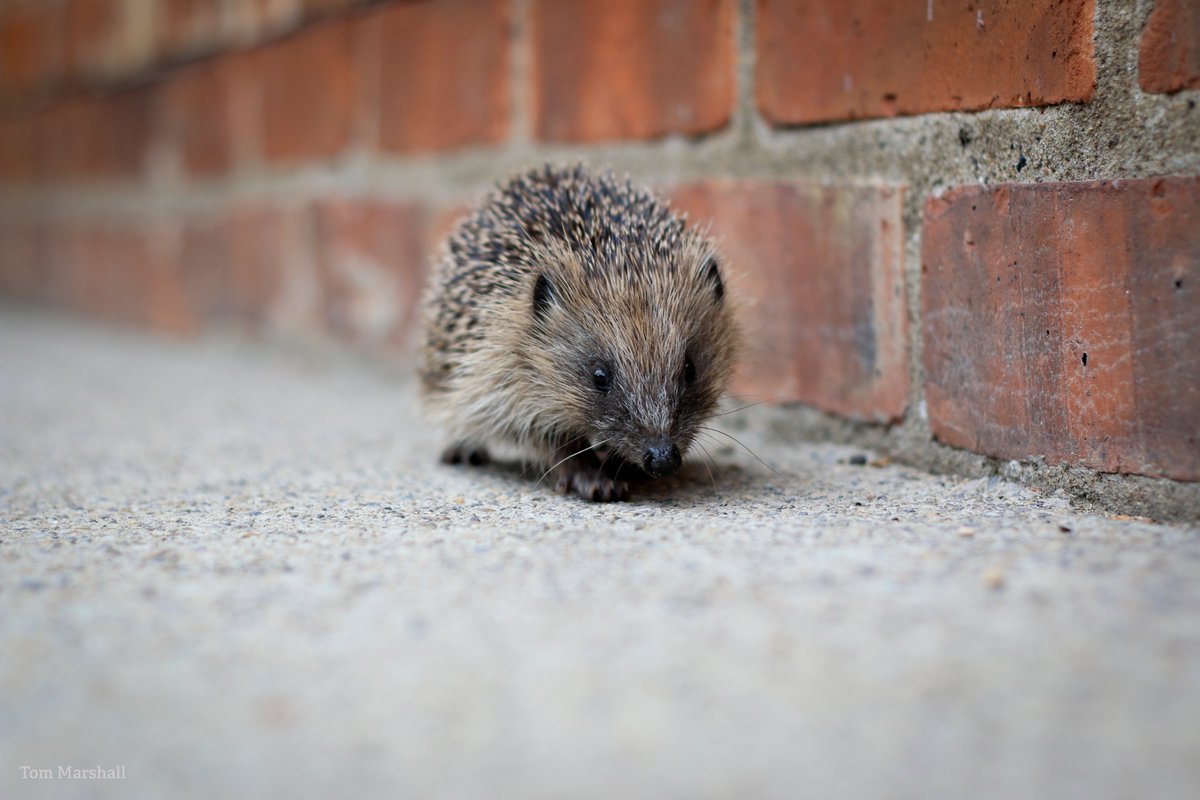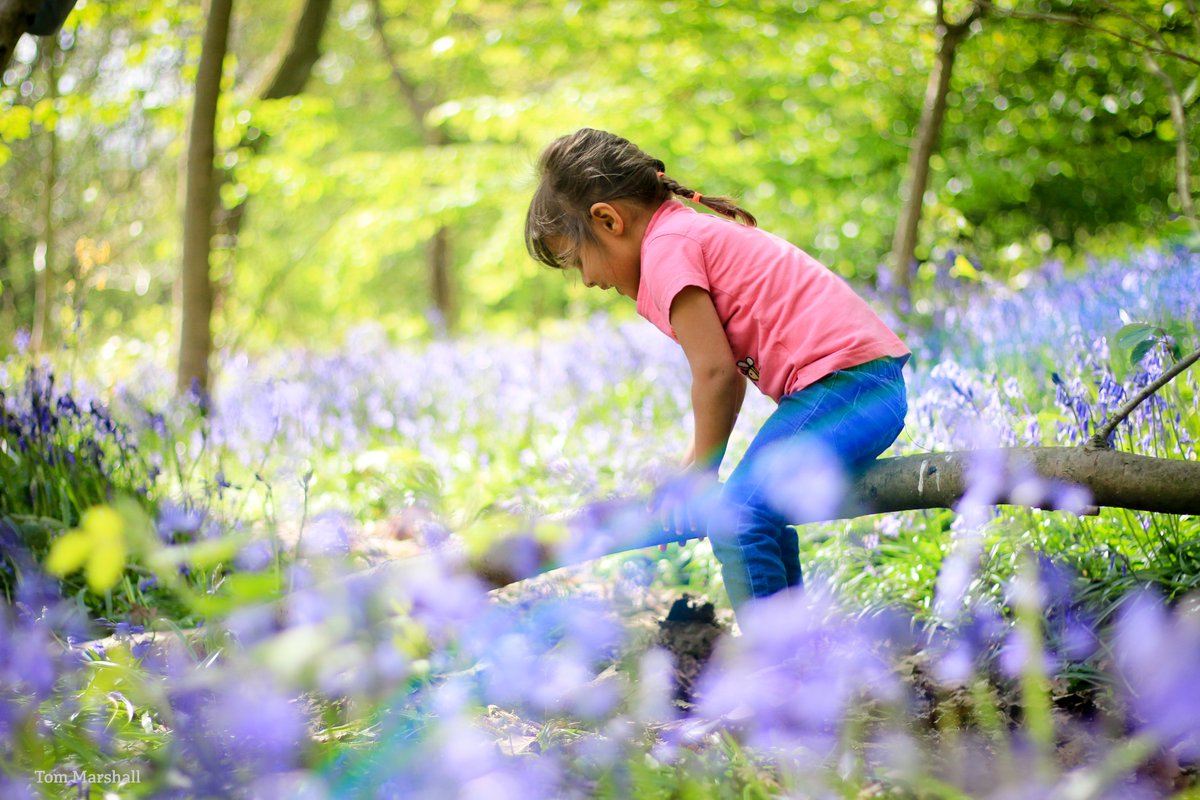
Bad news for bees: The Government has bowed to pressure from the National Farmers Union to agree the use of a highly damaging pesticide - neonicotinoid thiamethoxam - for the treatment of sugar beet seed in response to beet yellows virus @DefraGovUK (1/7) gov.uk/government/pub…
The Government know the clear harm that neonicotinoid pesticides cause to bees and other pollinators and just 3 years ago supported restrictions on them across the European Union (2/7)
Insects perform vital roles such as pollination of crops and wildflowers, and nutrient recycling, but so many have suffered drastic declines. Evidence suggests we’ve lost at least 50% of insects since 1970, and 41% of all insect species are now 'threatened with extinction' (3/7)
Neonicotinoids pose a significant environmental risk – particularly to our bees and other pollinators – and over the last decade hundreds of thousands of people across the UK have called for better protection of our bees, and for these highly toxic pesticides to be banned (4/7)
We need urgent action to restore the abundance of our insect populations, not broken promises that make the ecological crisis even worse (5/7)
To reverse the decline of insects and allow them to thrive once more, we urgently need to stop all routine and unnecessary use of pesticides and start to build a nature recovery network by creating more and better connected, insect-friendly habitat (6/7)
Become an insect champion and take action at home and work, in our communities and schools 👇wildlifetrusts.org/action-for-ins… #ActionForInsects (7/7)
• • •
Missing some Tweet in this thread? You can try to
force a refresh











